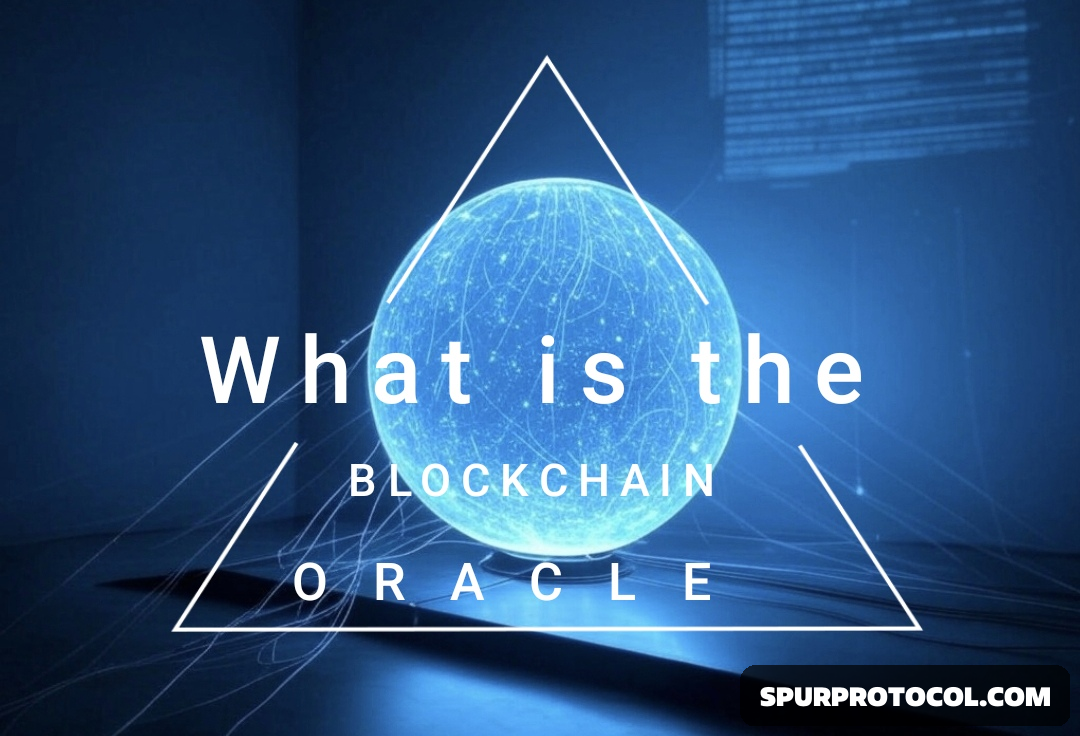Blockchain Oracles And Their Importance For Smart Contract Adoption
blockchain oracles are pivotal for expanding the functionality of smart contracts beyond the blockchain's inherent limitations.
Go Back

🕒 1:37 PM
📅 Jan 25, 2025
✍️ By seanney
What is a Blockchain Oracle?
A blockchain oracle is an external service or agent that supplies smart contracts with data from outside the blockchain network. Since blockchains operate in isolation from the outside world, they inherently cannot access real-time external data like weather updates, stock prices, or the outcome of real-world events. Oracles bridge this gap by providing such data to smart contracts, allowing them to execute based on conditions that exist off-chain.
Types of Blockchain Oracles
Centralized Oracles: One entity controls the data feed, which can be efficient but poses risks of single points of failure or manipulation.
Decentralized Oracles: Multiple data sources are used to provide consensus on the data, enhancing security and reliability but can be more complex to implement.
Software Oracles: Fetch data from APIs or web services.
Hardware Oracles: Use physical sensors or devices to collect real-world data.
Importance for Smart Contract Adoption
Real-World Integration:
Conditionality: Smart contracts can respond to real-world events, making them applicable in industries like insurance (e.g., automatic payouts based on flight delays), finance (e.g., derivative contracts based on market data), or logistics (e.g., tracking shipments).
Automation: Oracles enable smart contracts to automate complex processes that rely on external data, reducing human intervention and error.
Trust and Transparency:
Oracles can provide verifiable data, which is crucial for the trustless nature of blockchain. By having multiple oracles (in decentralized setups) verify the same data, the integrity of the information increases.
Expanding Use Cases:
Without oracles, smart contracts are limited to on-chain data. Oracles open up a plethora of new applications:
Gaming: Random number generation for fair play.
Prediction Markets: Betting outcomes based on real events.
Supply Chain: Real-time tracking and condition monitoring.
Legal and Compliance:
Oracles can help smart contracts comply with regulations by feeding legal or regulatory data, ensuring contracts adhere to real-world laws or standards.
Enhanced Security:
While oracles introduce external data, which can be a security risk, decentralized oracles mitigate this by spreading trust across multiple data sources, reducing the chance of data manipulation.
Scalability and Efficiency:
By providing external data, oracles can make blockchain applications more efficient, reducing the need for constant manual updates or off-chain processes.
Challenges
Data Accuracy and Integrity: Ensuring the data fed by oracles is accurate and unaltered remains a challenge, particularly with centralized oracles.
Security: Oracles themselves can be attack vectors if not implemented securely.
Cost: High-quality, secure oracle services might come at a cost, which could affect the economic model of smart contracts.
Latency: There can be delays in data retrieval or updates, which might affect time-sensitive smart contracts.
